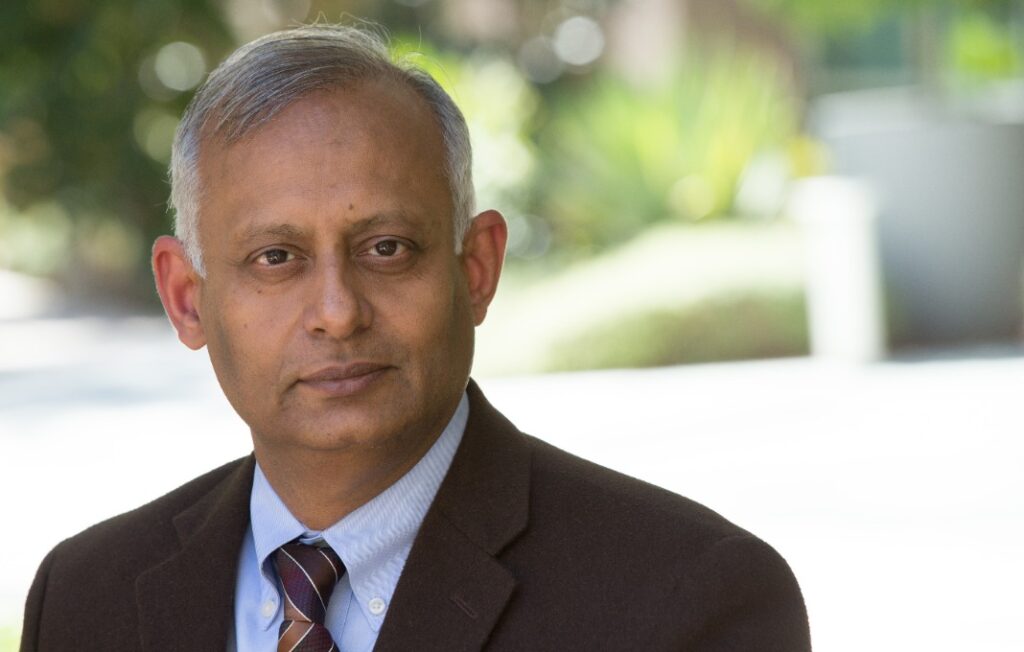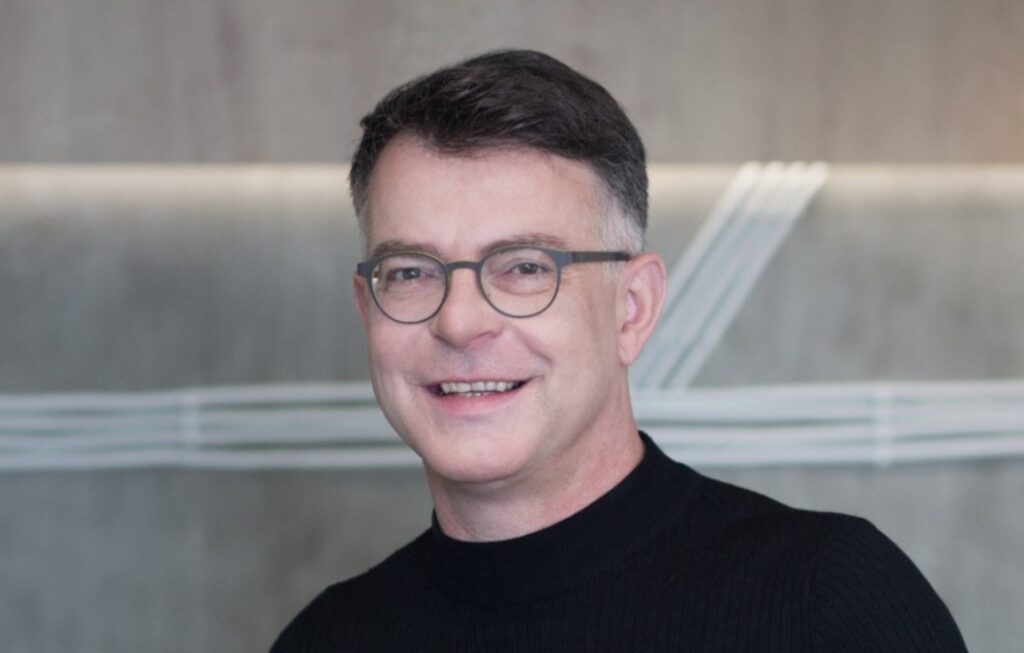Steve Case spent part of each year late last decade traversing parts of the heartland in a bus, in the company of venture capitalists who were looking with him for new technology investments in heretofore under-resourced parts of America. He’s encapsulated his travels and his encouraging take on his experience in a new book, The Rise of the Rest: How Entrepreneurs in Surprising Places are Building the New American Dream.
But for Case, the founder of America Online and an investor in varied enterprises over the last several years, what he found on his barnstorming tours only began what he hopes will be a continued and accelerated process of tech-enabled economic development outside the coasts that have benefited so much from it.
“I have nothing against the coasts, and there’s a lot to celebrate in Silicon Valley, but my concern is there has been so much focus there to the exclusion of other places, and often of entrepreneurs in those places,” Case told StrategicCFO360. “It’s more about leveling the playing field. In different parts of the country there tends to be more of a sense of long-termism, and passionate commitments to the community, particularly if you’ve been born and raised there and care about the place.”
Despite the fact that he and his Revolution investment firm are headquartered in Washington, D.C., Case is well traveled in the rest of the country. He grew up in places as varied as Kentucky, Kansas and Hawaii—and then there have been his Rise of the Rest wanderings.
Places on Case’s investment tours included Pittsburgh, Columbus, Louisville, Phoenix, Cincinnati, Chattanooga, Dallas, Detroit, Atlanta, Omaha, Salt Lake City, Nashville, Tulsa, and Madison and Green Bay, Wisconsin. His list of well-known investors in these Rise of the Rest communities includes a who’s who of successful entrepreneurs in technology and other fields, including Jeff Bezos, Eric Schmidt, Tory Burch, John Doerr, Ray Dalio and Sara Blakely (of Spanx fame).
But that familiar list is part of Case’s point: It’s illustrative of the fact that, for most of the past decade, 75% of venture capital has gone to just three states: California, New York and Massachusetts. Meanwhile, less than 10% of VC funding, Case says in his book, has gone to female founders, and less than 1% to Black founders.
Case use cities to illustrate how determined and enlightened entrepreneurs, policymakers, universities, not-for-profits and big companies helping out can stretch and mold these places into hotbeds where technology startups begin to create new ecosystems that support and help build out local economies. They include how Carnegie-Mellon University helped establish a robotics capital in Pittsburgh, how a VC started by California émigré Mark Kvamme has made game-changing tech investments in Columbus, and how the Green Bay Packers working with Microsoft have installed a tech microcosm next to Lambeau Field.
Here are thoughts from Case, including lessons for economic developers and all these other parties, about where the Rise of the Rest can go from here:
• Legacy companies must do more. Much of the hopefulness in heartland cities about the future of their economies has to do with leveraging digital technology to exploit and transform “legacy” industries where big companies have traditionally dominated entire domains, such as autos in Detroit, food and insurance in Chicago, and agribusiness in Minneapolis.
But, Case said, “If you talk to entrepreneurs in most Rise of the Rest cities, they say it’s hard to get connected to the big companies in those cities and get connected to sonmeone who says, ‘Yes.’ So, to larger companies, we stress that it’s important for them to figure out ways to get these ideas [from startups] into your companies and important in terms of being supportive of the entrepreneurial community and great new jobs. And it’s strategic to your company to understand what’s happening on the periphery that will accelerate or cannibalize your business.”
• Universities are taking up the gauntlet. Major universities and niche colleges alike represent a vastly under-tapped resources for entrepreneurs in the heartland to get help developing and commercializing their enterprises. These schools include dozens of the best research institutions in the world.
Case believes “they’re improving,” but economic developers, academics, business owners and politicians “need to figure out ways to spin off innovations and maximize the number that stay in their communities.” Ditto, he said, for cities that host federal laboratories.
• Bipartisan support is crucial. The need for and benefit of entrepreneurism, Case said, is “one of the few things in D.C. that has broad bipartisan support. Many things divide our country and Congress, but global competitiveness is something pretty much everyone agrees on.”
That’s why he’s encouraged, for instance, by the fact that Congress authorized spending $10 billion on a series of “innovation hubs” across 20 metropolitan areas as part of the bipartisan industrial-policy legislation that President Biden signed into law last summer.
• The pandemic keeps reverberating. Covid and the mainstreaming of remote work “create a huge opportunity” for the communities in his book, Case said.
“People don’t have to stay in Silicon Valley and as the pandemic results in the reshoring of key technologies and products, even things like PPE for hospitals, it means ‘game on’ in terms of the global battle over innovation.”
• Transformative industries are coming. The investments of tens of billions of dollars in microchip plants and electric auto production in Rise of the Rest states “will be huge” for development of heartland communities. “Investments by these tentpole companies will have ripple effects in communities,” he said. “It’s not just the startups they will create, but also the broader jobs that are created in the communities.
“It’ll even change the psychology. If Intel is making a huge investment, with government support, in Ohio, maybe your startup doesn’t have to be in Silicon Valley—it can be in Columbus. And then as more people with technology expertise graduate there, they stay. It slows the brain drain.”
• Political cooperation can help. Case believes that states and cities should cooperate around the promise of industrial revitalization to create a whole economic ecosystem that’s greater than the sum of their separate—and usually competing—jurisdictions.
That’s what happened to make a success of the efforts of the D.C. area to land what is still the most-sought economic-development prize in American history: the Amazon “HQ2” facility that went, with its 20,000 jobs, to Arlington, Virginia. The Greater Washington Partnership was important in landing Amazon.
“Even when we were growing AOL, there were fighting factions between Virginia and Maryland and D.C.,” Case said. “These were zero-sum economic-development strategies. But there was a lot of work over the last decade as people thought about the region and concluded that it didn’t matter if you live in D.C., or Maryland, it was crazy not to think about the regional context.
“And that’s why Amazon chose northern Virginia for its second headquarters: The whole area was cooperating. Governors wrote letters to Amazon basically saying, ‘Irrespective of the specific place you pick, we will work together and make sure there’s the talent pipeline you need,’ and so forth.”









